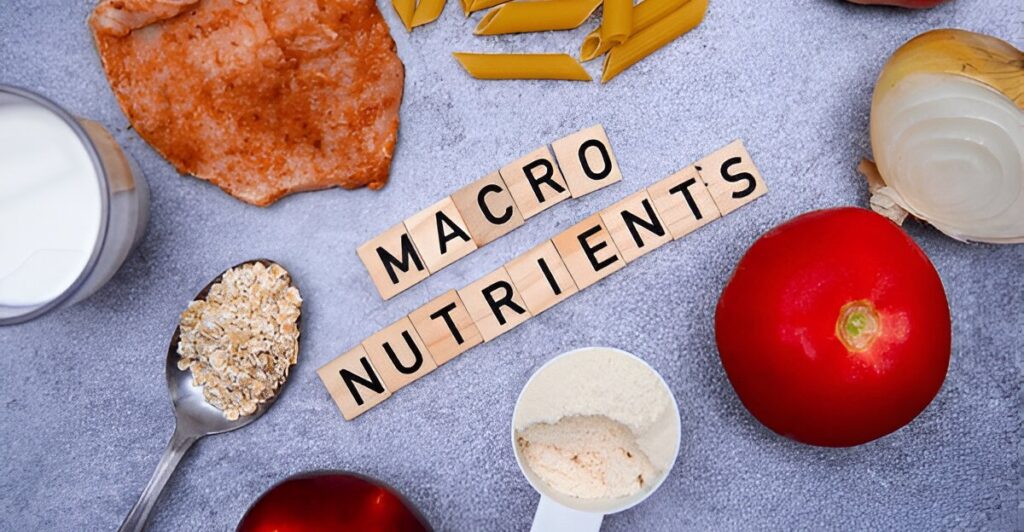Have you ever wondered why some people thrive on a low-carb diet while others feel better with more grains? The answer may lie in your genes. Nutrigenomics, the study of how your genes interact with food, is revolutionizing how we approach nutrition. By understanding nutrigenomics and diet, you can tailor your eating habits to your unique genetic makeup for better health, energy, and well-being. This article dives into the science of nutrigenomics, how your genes influence your diet, and practical ways to apply this knowledge.
What Is Nutrigenomics?
Nutrigenomics explores the relationship between your genes, the foods you eat, and how your body responds. Every person has a unique genetic profile that affects how they metabolize nutrients, respond to certain foods, and even develop health conditions. For example, some people may process caffeine quickly due to genetic variations, while others feel jittery after one cup of coffee.
By studying nutrigenomics and diet, scientists can identify how specific genes influence nutrient absorption, food sensitivities, and disease risk. This allows for personalized nutrition plans that align with your body’s needs, making your diet more effective and sustainable.
How Your Genes Influence Your Diet
Your genes play a role in several aspects of nutrition, from how you process macronutrients to your risk of deficiencies. Here are key ways nutrigenomics and diet intersect:
1. Macronutrient Metabolism
Genes affect how your body handles carbohydrates, fats, and proteins. For instance:
- Carbohydrates: Variations in the AMY1 gene influence how efficiently you break down starches. People with fewer AMY1 copies may struggle with high-carb diets.
- Fats: The APOA2 gene can determine how your body responds to saturated fats, impacting cholesterol levels and weight gain.
- Proteins: Certain genes affect amino acid metabolism, influencing muscle repair and satiety.
2. Food Sensitivities and Intolerances
Genetic variations can make you more prone to food sensitivities:
- Lactose Intolerance: The LCT gene determines your ability to digest lactose, explaining why some people experience bloating after dairy.
- Gluten Sensitivity: While not the same as celiac disease, certain HLA gene variants increase the likelihood of gluten-related discomfort.
3. Nutrient Absorption and Deficiencies
Your genes influence how well you absorb vitamins and minerals:
- Vitamin D: The VDR gene affects how your body uses vitamin D, impacting bone health and immunity.
- Iron: HFE gene mutations can lead to iron overload or deficiency, affecting energy levels.
- Omega-3s: FADS1 gene variations determine how efficiently you convert plant-based omega-3s into usable forms.
4. Taste Preferences and Cravings
Ever wonder why you love salty snacks or crave sweets? Genes like TAS2R38 influence taste perception, making some foods taste bitter or more appealing. This can shape your food preferences and dietary habits.
5. Disease Risk and Prevention
Nutrigenomics and diet also play a role in preventing chronic conditions. Genetic predispositions to heart disease, diabetes, or obesity can be mitigated with tailored nutrition. For example, people with MTHFR gene variants may benefit from higher folate intake to reduce cardiovascular risk.
How to Apply Nutrigenomics to Your Diet
While nutrigenomics is a complex field, you don’t need a PhD to start using it. Here are practical steps to leverage nutrigenomics and diet for better health:
1. Consider Genetic Testing
Direct-to-consumer genetic tests, like those from 23andMe or Nutrigenomix, analyze your DNA for nutrition-related insights. These tests can reveal how your genes influence your diet, such as your sensitivity to caffeine, lactose, or saturated fats. Work with a dietitian or healthcare provider to interpret results and create a personalized plan.
Pro Tip: Choose a reputable testing company and ensure your data is protected.
2. Tailor Your Macronutrient Balance
Based on your genetic profile, adjust your intake of carbs, fats, and proteins:
- If you have a low AMY1 gene copy number, opt for complex carbs like quinoa or sweet potatoes over refined grains.
- If you carry APOA2 variants, prioritize healthy fats like olive oil and limit saturated fats from red meat.
- Ensure adequate protein if your genes suggest slower muscle repair.
3. Address Food Sensitivities
If genetic testing indicates lactose or gluten sensitivity, experiment with alternatives:
- Swap dairy for lactose-free milk, almond milk, or fermented options like kefir.
- Try gluten-free grains like rice, buckwheat, or oats if gluten causes discomfort.
4. Optimize Nutrient Intake
Focus on foods that support your genetic predispositions:
- Vitamin D: If you have VDR gene variants, eat fatty fish, egg yolks, or fortified foods, and get safe sun exposure.
- Iron: For HFE gene concerns, pair iron-rich foods (like spinach or lean beef) with vitamin C to enhance absorption.
- Folate: MTHFR variants may require more leafy greens, beans, or fortified cereals.
5. Experiment and Track
Nutrigenomics is a guide, not a rulebook. Test dietary changes and monitor how your body responds. Keep a food journal to track energy, digestion, and mood, adjusting as needed.
Pro Tip: Apps like MyFitnessPal or Cronometer can help you log food and nutrient intake.
Limitations of Nutrigenomics
While nutrigenomics and diet offer exciting possibilities, it’s not a one-size-fits-all solution. Genes are just one piece of the puzzle—lifestyle, environment, and habits also matter. Genetic testing can be expensive, and not all tests provide actionable insights. Always consult a professional before making major dietary changes based on genetic data.
Sample Nutrigenomics-Informed Meal Plan
Here’s a sample day tailored for someone with a genetic profile suggesting lactose sensitivity, slower carb metabolism, and a need for more omega-3s:
- Breakfast: Oatmeal with almond milk, chia seeds, walnuts, and berries.
- Snack: Sliced cucumber with hummus.
- Lunch: Grilled salmon with quinoa, roasted zucchini, and avocado.
- Snack: Apple with almond butter.
- Dinner: Stir-fried tofu with brown rice, broccoli, and olive oil dressing.
Final Thoughts
Nutrigenomics and diet are transforming how we approach nutrition, offering a personalized path to health. By understanding how your genes influence your diet, you can make informed choices that optimize nutrient absorption, reduce food sensitivities, and support long-term wellness. Whether you start with genetic testing or simply focus on nutrient-dense foods, small changes can make a big difference. Embrace the power of nutrigenomics to create a diet that’s uniquely yours, and enjoy the journey to better health.


